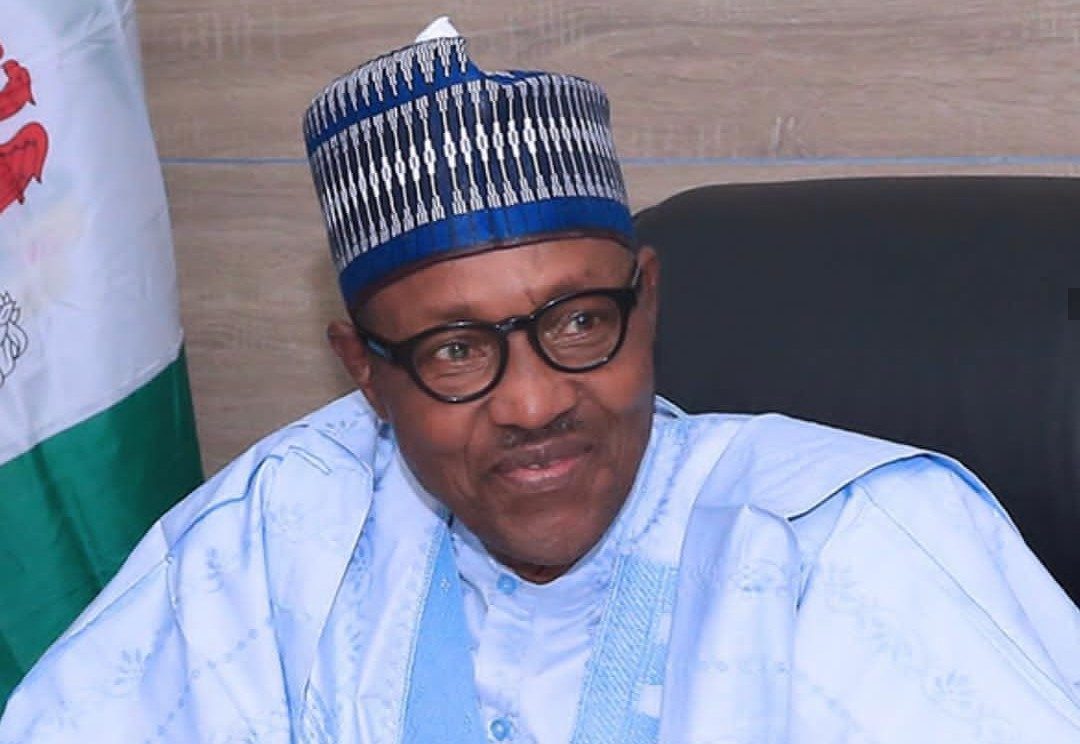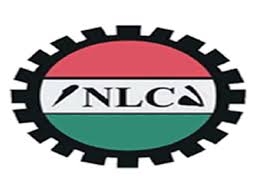
PENPUSHING TASKS NIGERIAN GOVERNMENT ON NEED TO ENCOURAGE PRIVATE SECTOR IN LOCAL PRODUCTS

The communiqué also took a critical look at the recent call by the wife of Ekiti State Governor, Erelu Bisi Fayemi for a ban on the importation of ‘Aso-oke’ from Asian countries, while applauding the call, Penpushing submitted that Government should apply high tariff on the importation of finished textile products while giving waivers on importation of raw materials to local textile industries to make them more competitive and a contributor to the country’s GDP.
Penpushing further reports that, other resolutions stated: that the Central Bank of Nigeria should pursue it’s policy directive as enunciated by the Governor, Godwin Emefiele in April this year that ‘importers must source all cotton needs locally from 2020’ to bring about job opportunities in the textile and garment industry
*Tertiary institutions – schools of technology, vocational departments, should take up the challenge to research into and improve the traditional textile production lines like “Aso-oke” , “Ankara” “Adire” and others in their category to encourage quality and sustainable patronage locally and beyond.
* Noting that while the Asians have taken advantage of technology and available market, on the balance of trade, Nigeria needs investment in the sector for capacity building and high yielding production of cotton, an essential ingredient in the textile industry.
*Since the sector had once contributed to the economy with over 100 textile mills all over the country and about 500,000 workforce, government should exhibit the will to revive and protect the mills against unhealthy competition through the importation of cheap finished textile materials.
*Part of the measures is to stem the high cost of production as compounded by multiple taxes, off-grid power generation, and official endorsements of such incursions through official patronage by MDAs, etc.
*It is pertinent to mention that the engagement of national and international companies in construction and bilateral trade agreements have been at the detriment of Nigerian Companies and hosting communities.
*This can be traced to government policies and officials,community leaders and business agents who prefer to line their pockets with kickbacks at the expense of the interest of the larger society






